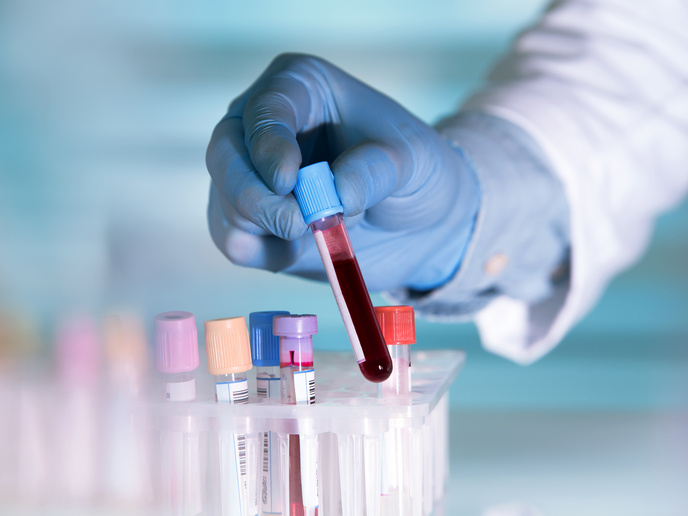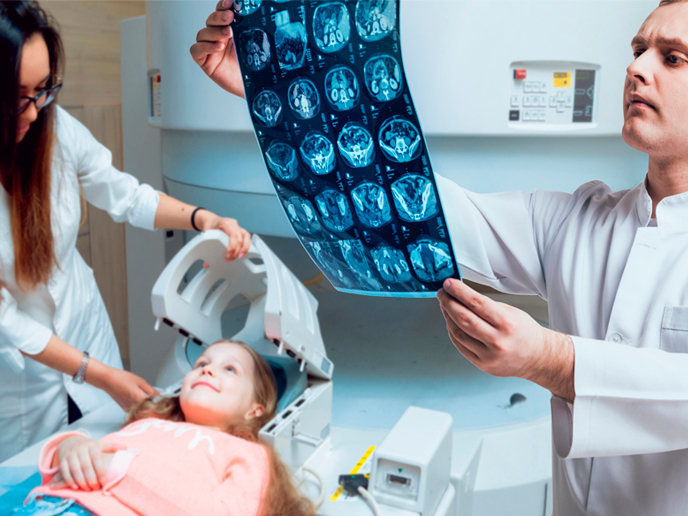Building a bigger medicine cabinet for Europe’s pets
Pet ownership is on the rise in Europe, with around half of all households keeping a pet, including more than 100 million cats and 88 million dogs(opens in new window). Worldwide, EUR 11 billion is spent every year to provide healthcare for these animals. Yet a lack of treatment options causes unnecessary suffering for both pets and their human caregivers. “When my own dog developed cancer, I realised there is a lack of innovative therapy options for companion animals,” says Kathrin Ladetzki-Baehs, CAESAR project coordinator and co-founder of adivo(opens in new window). “At that time, I was working on therapeutic antibodies for humans, and I figured, if we can do fully human antibodies, it must be possible to generate fully cat or dog antibodies as well.”
Species-specific
Despite there being some 80 antibody therapies(opens in new window) on the market for humans, there is only one available for animal use to date. Human antibodies are expensive and human-specific, meaning they could cause side effects if used in pets. “We still have a high unmet need, pet owners demand something,” adds Ladetzki-Baehs. “In the past, putting a sick pet down was more acceptable. Nowadays, people feel that their pets are like family members and they deserve treatments just as we do.” This means people are willing to spend to secure their pet’s health. “The animal healthcare market is crisis-resistant,” explains adivo co-founder Markus Waldhuber, pointing out that the pet healthcare market has continued to rise during the various economic downturns of the last 20 years. “If you’re short on money, you might skip your vacation, but if your pet is sick, you probably will still go to the vet and not cut expenditure on medication that is necessary.”
Dedicated library
To meet this demand, adivo has built a phage display library of more than 10 billion antibody fragments specifically for use in veterinary medicine. Their first target is a cytokine whose overactivity is responsible for chronic inflammation in dogs, which will be open for licensing opportunities in the near future. “Therapeutic antibodies for human medicine have been around for over 25 years,” notes Ladetzki-Baehs. “But we invented the first antibody selection platform technology dedicated for veterinary medicine, a phage display library based on dog-specific antibodies.”
Commercialisation
The CAESAR project was supported by the EU’s Horizon 2020 programme. This was essential as animal health rarely finds itself prioritised in funding, says Ladetzki-Baehs: “We are niche, it’s not that easy to attract investors. The funding really helped us and really pushed the project forward.” Waldhuber explains they will now apply for phase two funding in the autumn, which will allow for upscaling the process, producing larger amounts of protein and testing the efficiency of the drug in target animals. Once the German company reaches the point of a viable product, they will look for a pharmaceutical partner, he says: “We are small and the final step, commercialisation, is best done by a pharma company.” In the long term, Ladetzki-Baehs hopes that adivo can become a recognised name in animal healthcare. “Pets are much more than just our companions, they sincerely stabilise our modern society,” she adds. “You can hardly imagine what society would look like without our four-legged friends.”







